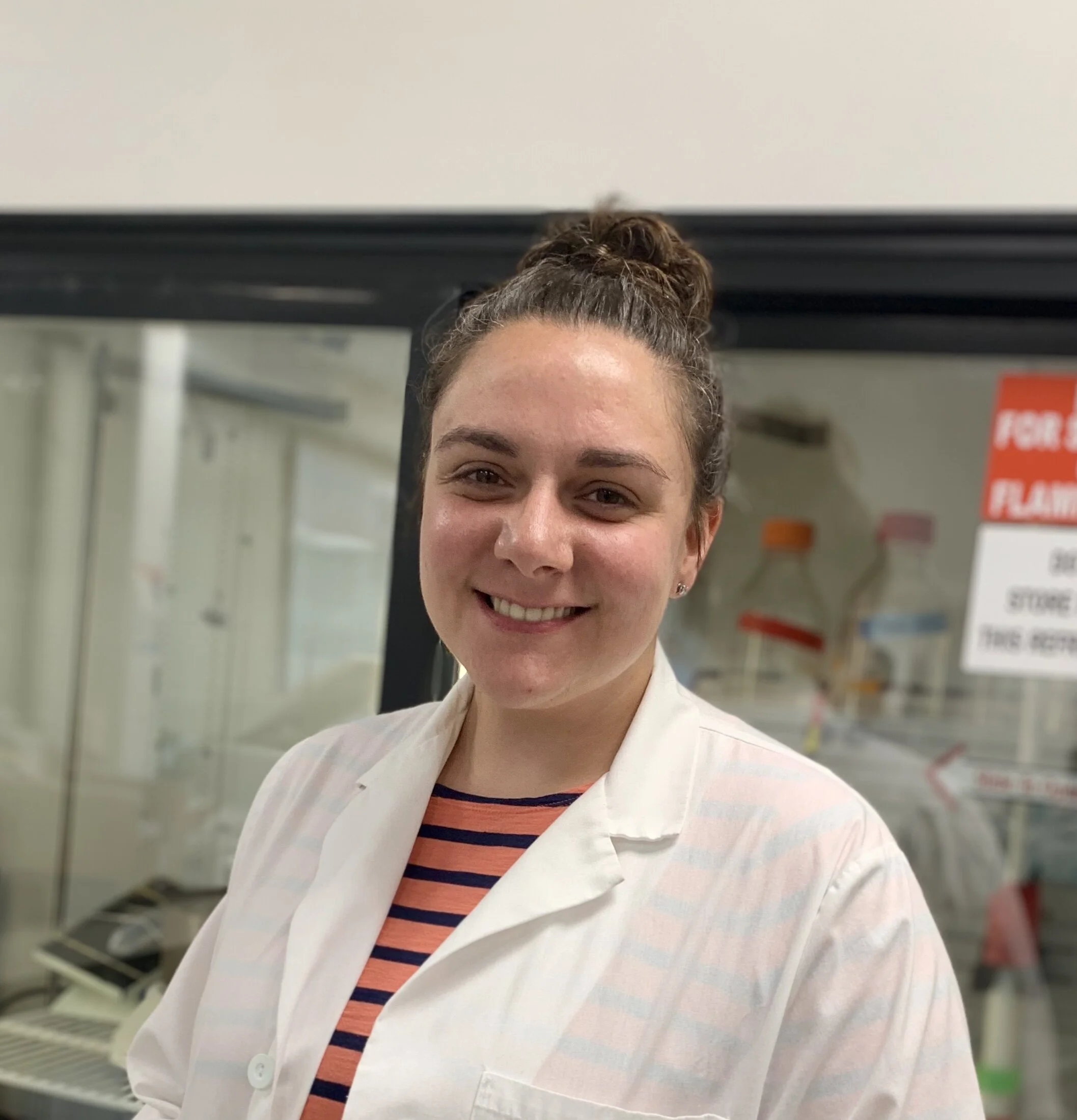
Laboratory of Genome Instability and Cancer Therapeutics
Our Science
In the Laboratory of Genomic stability and Cancer Therapeutics we use a combination of biochemical and cell biological approaches to study the function of mammalian telomeres. Telomeres cap the ends of linear chromosomes and provide a molecular barrier for the human genome. Following each cell division, progressive telomere shortening erodes that barrier and compromises the stability of the genome. Critically short, or dysfunctional telomeres induce replicative senescence and/or cell death and ultimately, lead to cellular aging. Cancer cells, however, overcome the replicative senescence associated with critically short telomeres by exploiting mechanisms of telomere elongation. The focus of my lab is to understand the mechanisms regulating mammalian telomere maintenance and to understand how defects in this process contribute to premature aging and cancer progression. The hope is that these studies will allow us to gain the mechanistic insight necessary to define novel targets and/or strategies in the treatment of human disease.
Meet our team
Flynn Lab Alumni

















